Whether you open up a social media app, turn on the TV, or flip through the newspaper, there’s no denying the fact that the world is in a high state of stress. Adults are stressed, and kids know it. Children have always been in-tune to the state of the world, and to the energy of the adults around them. And now, because kids have increased access to the internet, they are even more aware of all the negative stories and “scary news.”
To truly answer the question “are kids affected by the news?” we have to look at what sources kids are consuming content from, how often, and how children across the world are feeling.
According to a recent JAMA study kids ages three to five spend roughly 2.56 hours per day between watching television and time spent on mobile devices. Kids are consuming more online content and as a result are more aware of world conflict, which can lead to increases in anxiety, stress, and fears about their own safety.
Just like adults, kids are exposed to world tension in person too. From overhearing conversations of parents and teachers, to engaging in dialogue with friends in the cafeteria, kids often know more than they let on. Oftentimes kids who are fearful or experiencing anxiety don’t verbally communicate that to the adults in their lives, but rather exhibit behaviors like excessive clinginess, irritability, and being withdrawn.
With the rise of younger populations owning cell phones, the barrier between our children’s lives and global events has become much weaker. Kids can access stressful videos and world news topics at virtually any time. This constant steam of tension can increase feelings of fear and anxiety.
Being exposed to world tension at such a young age means that kids won’t fully comprehend what’s going on, and some kids will understand more than others. But fear and anxiety don’t discriminate- even if kids don’t fully understand what’s happening, they can still feel the same levels of fear.
Uncertainty and fear can be dominant emotions during times of world crises, especially for kids. Talking to kids about what they may be seeing in the media and asking their thoughts is a great way to establish an open line of communication.
Fortunately research has shown meditation and mindfulness to be effective practices in times of world crises, as they reduce anxiety and provide low-cost emotional support. These benefits are also being studied in children. One recent study that focused on the effects of meditation on primary school aged kids found that an eight week meditation program helped reduce anxiety and improved social-emotional abilities.
Loving-kindness (metta) meditation is a form of meditation where practitioners send good wishes to others. In times of world crises, this type of meditation can provide comfort and help facilitate a sense of control, even in kids. Similarly, meditation and mindfulness have been shown to increase compassion and empathy, two emotions that can help offset the feelings of fear and uncertainty.
Meditation and mindfulness have also been shown to reduce overall feelings of anxiety and depression, improve sleep and emotional regulation, and boost self-love and compassion. These benefits of meditation can be long-lasting and help combat the rising levels of childhood anxiety.
The very practice of meditation can help children decrease their anxiety because meditation requires kids to bring their attention to the present moment. During meditation and mindfulness practices, kids are able to fully relax and focus on the present moment, giving them distance from their anxious thoughts.
Wee Meditate has content written specifically to help kids manage big emotions, like fear and anxiety. Children meditate, along with familiar forest animal friends, and learn new ways of thinking and being that help their minds and bodies feel calm and relaxed.
*Only available for Wee Meditate subscribers. Sign up or login to start listening.

